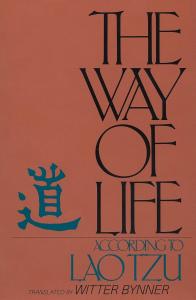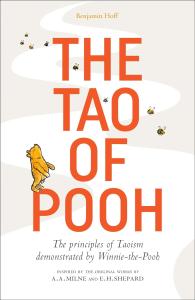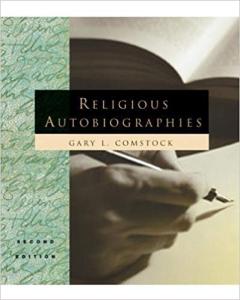Review
Taoism: The Road to Immortality, written by John Blofeld, delves into the principles and practices of Taoism, an ancient Chinese philosophy and religion that emphasizes living in harmony with the natural flow of the universe.
The author, John Blofeld, was a British-born scholar and practitioner of Taoism who spent many years in China studying under various Taoist masters. Through his firsthand experiences and extensive research, Blofeld presents a thorough and insightful exploration of Taoist beliefs, rituals, and teachings.
The primary goal of this review is to examine the fundamental concepts of Taoism as presented by Blofeld and evaluate their relevance and applicability in modern times. It will delve into the core principles of Taoism, such as the concept of the Tao (the Way), the importance of balance and harmony, and the pursuit of immortality.
Additionally, this review will assess the writing style and structure of the book, providing a critical analysis of its strengths and weaknesses. It will also consider the impact of Blofeld's personal experiences on his interpretation of Taoism and its practices.
Overall, this review aims to provide readers with a comprehensive understanding of Taoism through the lens of Taoism: The Road to Immortality. Through this evaluation, readers will gain insight into the profound wisdom and practical applications of Taoist philosophy and perhaps be inspired to incorporate its principles into their lives.
Blofeld begins the book by introducing the Tao concept, often translated as "the Way." He explains that the Tao is the underlying force that governs the universe and is present in all things. According to Taoist belief, living in harmony with the Tao is the key to achieving balance and fulfillment in life.
One of the central teachings of Taoism is the importance of balance and harmony. Blofeld explains that this balance is achieved through the interplay of yin and yang, two opposing but complementary forces. He elaborates on the concept of yin and yang, describing them as the feminine and masculine energies that exist within all beings and in the natural world.
The pursuit of immortality is another fundamental aspect of Taoism explored in the book. Blofeld discusses the various methods and practices that Taoists use to achieve immortality, both in a physical and spiritual sense. These include meditation, internal alchemy, and different rituals and ceremonies.
Throughout the book, Blofeld shares insights from his experiences studying under Taoist masters in China. He provides vivid descriptions and anecdotes that bring the teachings of Taoism to life and give readers a sense of the rich history and culture surrounding this ancient philosophy.
The book's writing style is clear and engaging, making it accessible to readers of all backgrounds. Blofeld's use of personal anecdotes and examples helps to demystify the complex concepts of Taoism and make them relatable to everyday life.
One of the book's strengths is its comprehensive coverage of all aspects of Taoism, from its history and origins to its practices and beliefs. Blofeld's extensive research and personal experiences allow him to present a well-rounded and thorough exploration of the subject.
However, some readers may find the book overly academic and dense at times, focusing on historical and philosophical aspects rather than practical applications. Additionally, some may question the accuracy and authenticity of Blofeld's interpretations and experiences, as he was not born into the Taoist tradition.
In conclusion, Taoism: The Road to Immortality is a valuable resource for anyone interested in learning about Taoism and its principles. Blofeld's extensive knowledge and personal experiences make it a compelling and insightful read, and his clear writing style makes it accessible to a broad audience. While some may find the book more academic, it provides a solid foundation for understanding Taoism and its relevance in modern times. As Blofeld states, " Tao is a way of life, and the rewards of following it are boundless."






